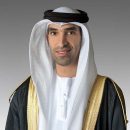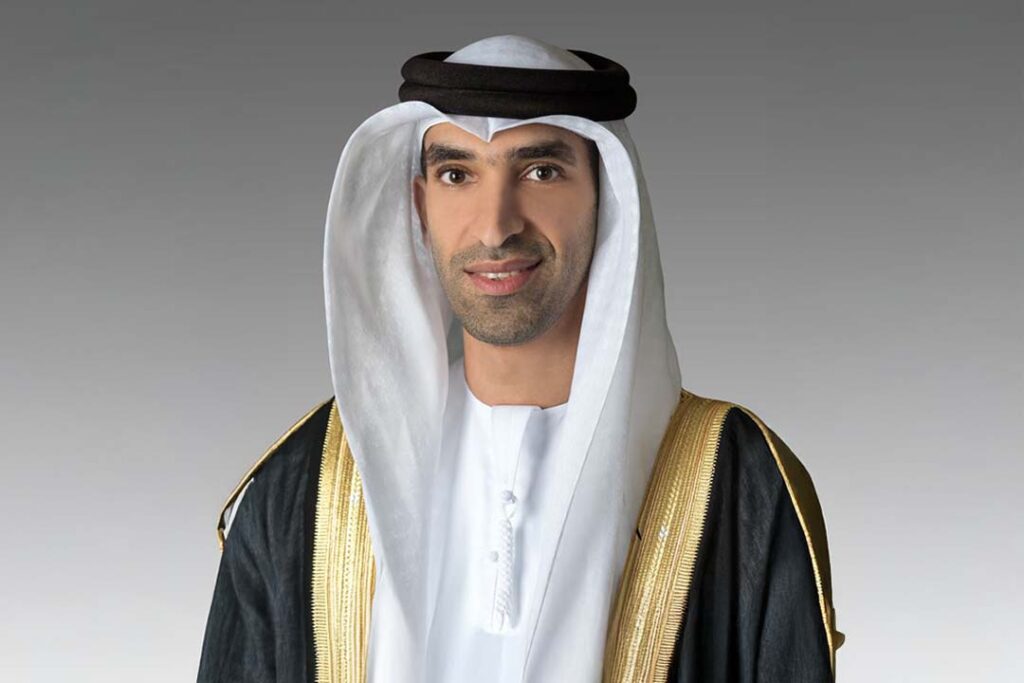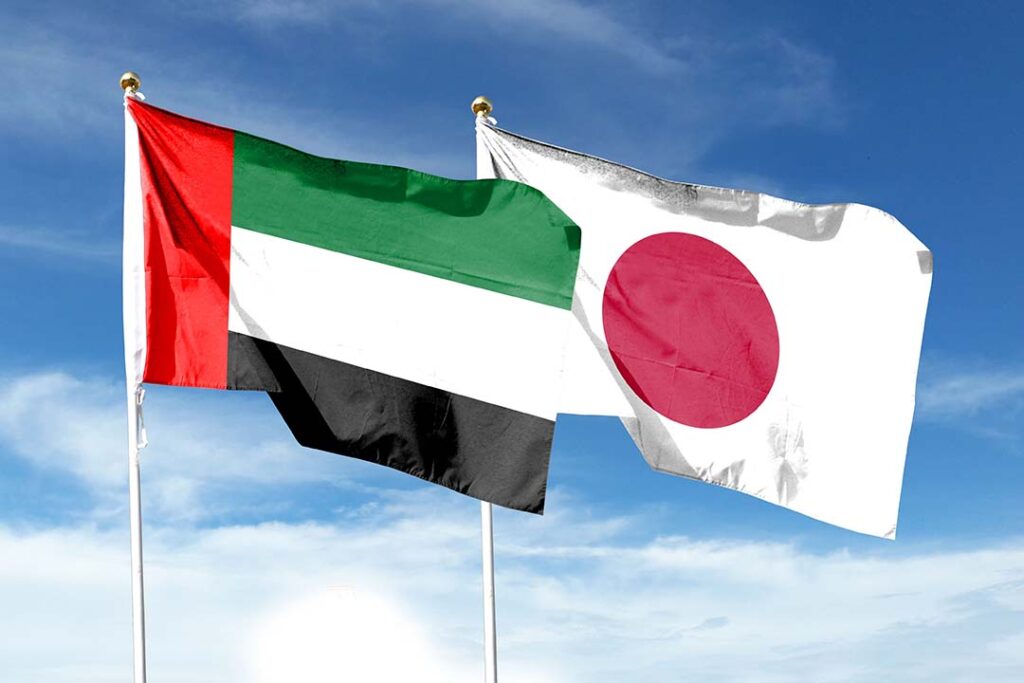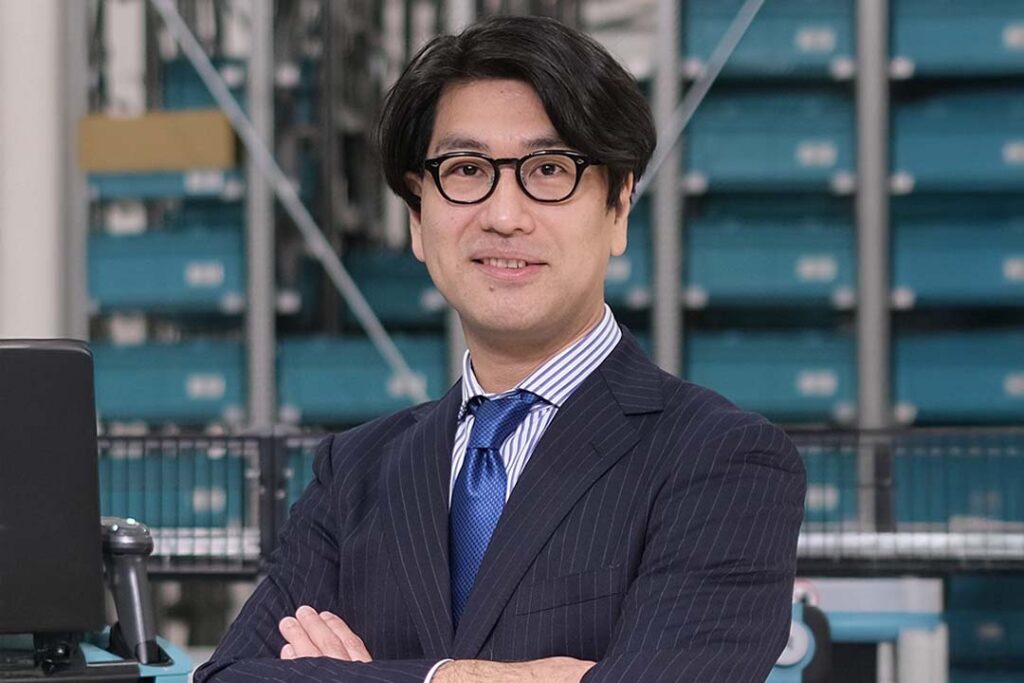Already impactive in Thailand and Vietnam, Amata is expanding across the Greater Mekong Region with a focus on Laos and, eventually, Myanmar. Reflecting on how intertwined its growth is with Thailand’s industrial development, Deputy Chief Executive Officer Eiichi Tanabe and Acting Chief Marketing Officer Osamu Sudo shared their insights.
“Our growth intertwines with Thailand’s industrial development,” Sudo said. “Amata City Chonburi, initiated in 1989, spans nearly 4,000 hectares, hosting more than 800 factory and commercial tenants, including major Japanese manufacturers.”
After expanding to Vietnam in 1994 and Rayong, Thailand, in 1995, Amata’s success story began to unfold just before the COVID-19 pandemic and never looked back.
“In 2019, we expanded to Myanmar, and in 2022, ventured into Laos, strategically near the China-Laos border. Projects Amata City Natuey and Amata City Namor are set to become smart cities,” Sudo continued. “Diversifying across the Greater Mekong Subregion, our business spans four countries in Northern ASEAN (Association of Southeast Asian Nations).”
In leading the shift to smart cities, Tanabe said, “Our key strategy is transforming from an industrial to a leading smart city developer and we have secured 1,000 hectares for Amata Smart City Chonburi.”
Sudo agreed, explaining that “Amata has pushed forward several projects under the smart city concept with local and international partners to create a new industrial base that is intelligent and innovation-friendly, aligned with Thailand’s Eastern Economic Corridor-targeted industries, such as automotive for the future, smart electronics, robotics and automation, and more. There is also the ‘Second Yokohama City,’ which is a strategic partnership with Yokohama, aiming to attract businesses into a new smart city featuring lifestyle and mixed-use developments while also upgrading the existing industrial estate.”
Our goal is low carbon city status by 2040. A dedicated company, Amata Utility, consolidates sustainability efforts, focusing on full-circle water and wastewater management and water resilience, waste management and renewable energy.
Eiichi Tanabe, Deputy Chief Executive Officer of Amata Corp.

Valuing partnerships, Tanabe said, “Our top priorities involve expanding industrial estates, utility business, and smart city development. We welcome global investors, especially from Japan, to contribute expertise.”
Sustainability is core, he said. “Our goal is low carbon city status by 2040. A dedicated company, Amata Utility, consolidates sustainability efforts, focusing on full-circle water and wastewater management and water resilience, waste management and renewable energy,” Tanabe said.
With more than 30 years’ experience, Amata remains a reliable partner, offering one-stop services for industrial estate needs. Focused on sustainability, Amata is where the future of industrial development meets the vision of a smart city. Explore Amata, where perfect cities with flourishing possibilities come to life.











